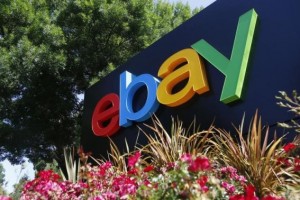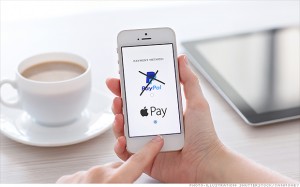eBay to spin off Paypal in 2015
On tuesday, eBay Inc. announced to spin off Paypal into a separate entity next year to reach its full potential in the competitive mobile payment market. In a statement, Mr. Donahoe said “a thorough strategic review with our board shows that keeping eBay and PayPal together beyond 2015 clearly becomes less advantageous to each business strategically and competitively.”[1]
Video-CNN “eBay to spin off Paypal” https://www.youtube.com/watch?v=GBJXmTzB8is
As its fastest growing segment, Paypal was acquired by eBay 12 years ago for $1.5 billion. Now the service is available in 203 markets worldwide and is on track to process 1 billion mobile payments in 2014.[2] According to CNN, PayPal is involved in one in every sic dollars spent online today. In the most recent quarter, PayPal gained four million new, active registered accounts, up 15 per cent, to 152 million US. Payments revenue rose 20 per cent to $1.95 billion, about 45 per cent of eBay’s total revenue.[3] The eBay’s Board and Management believed that the separation will allow more flexibility and business potential.
Now looking into the international e-commerce/mobile payment service market, statics show that worldwide mobile payments are increasing by about 40% a year.[4] The mobile service is rapidly taking over the traditional way of using credit card and other physical payments.
PayPal’s potential competitor, Alibaba, the Chinese e-commerce leader in China, also took the first step to split off its mobile payment service segment, Alipay, in 2011. Recently, Apple Inc. also announced their wireless, digital wallet, Apple Pay, that’s coming out in this October. [5]
Looking at both internal and external factors, the separation will allow Paypal to be more competitive in the growing e-commerce industry. The division would also highlight Paypal’s own strengths while expanding beyond its online payment service. With more flexibility in the management as an individual company, Paypal will be more competitive to face the recent emergence of Apple’s wireless payment service and the hotly anticipated Alibaba.





